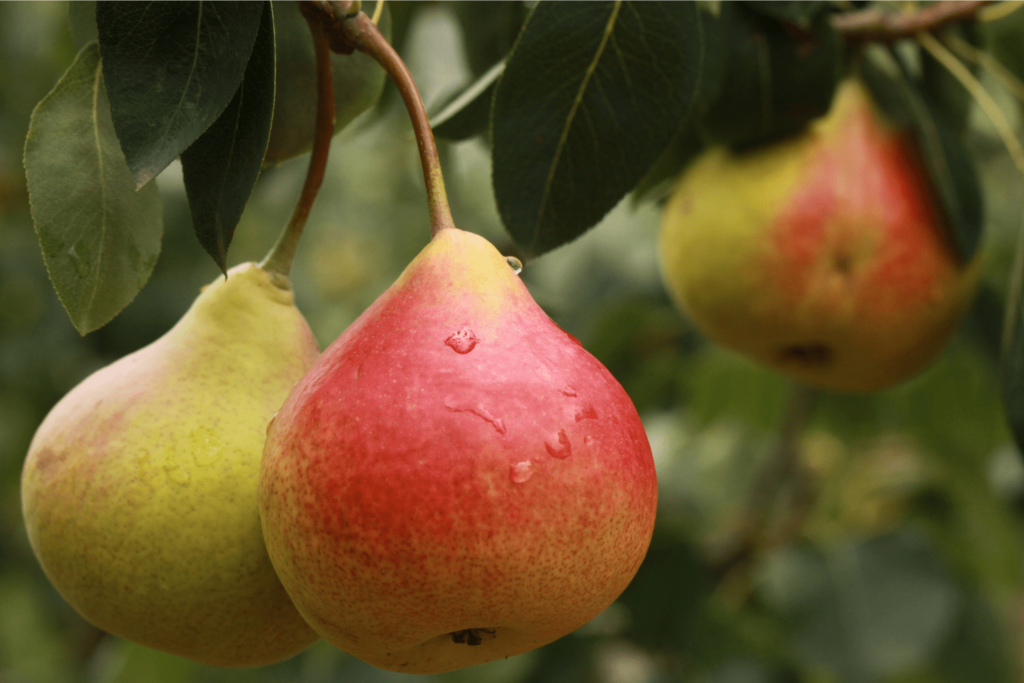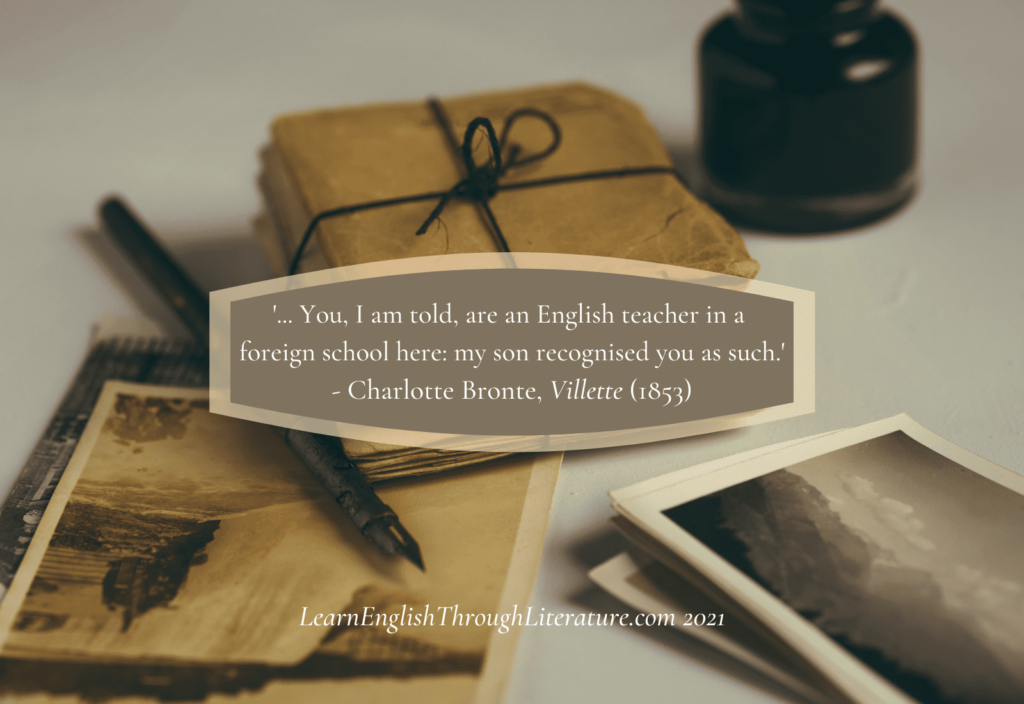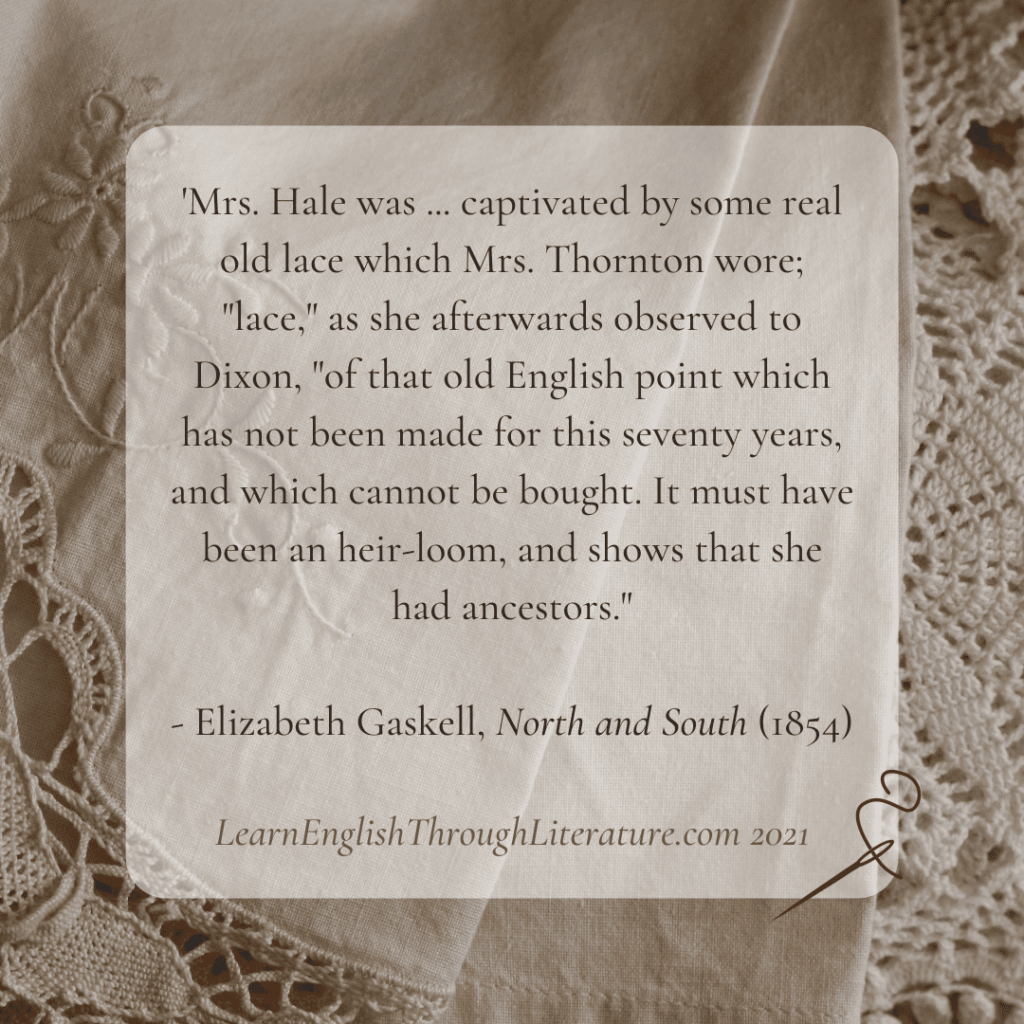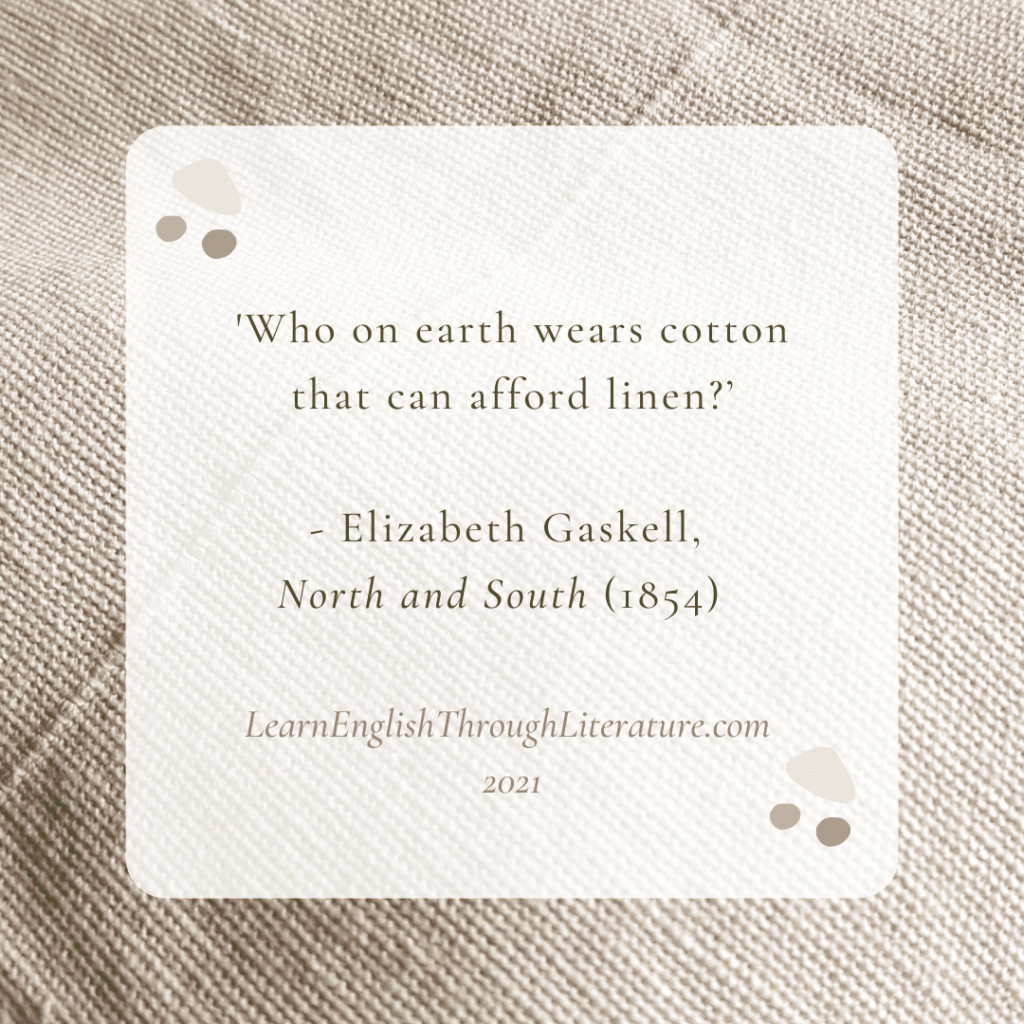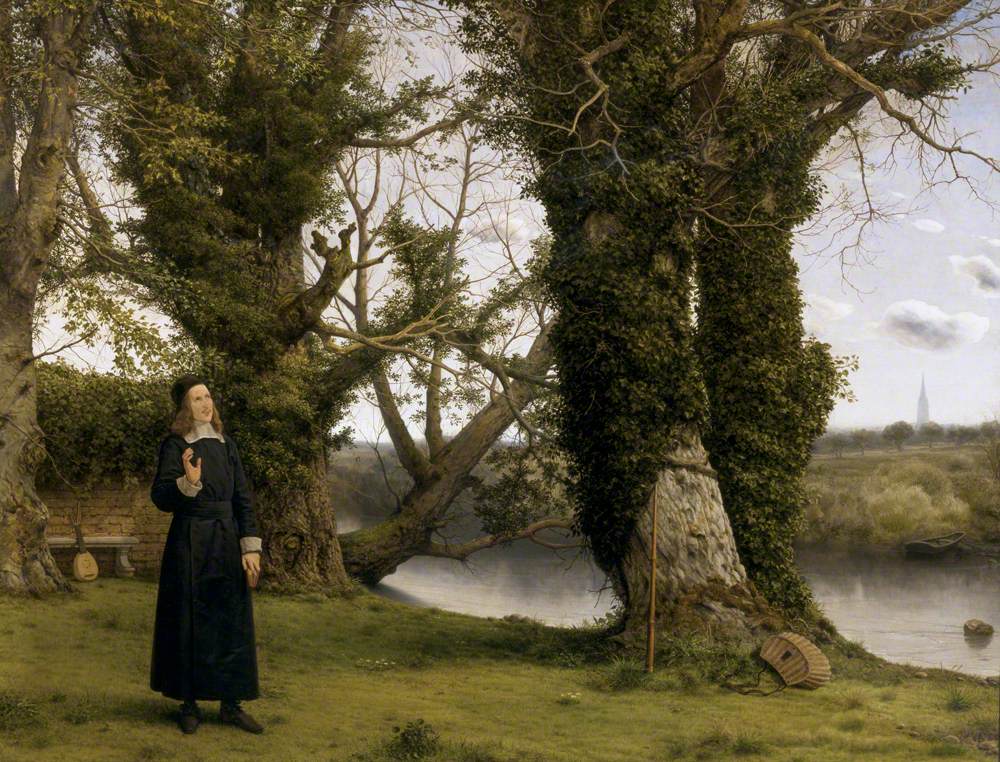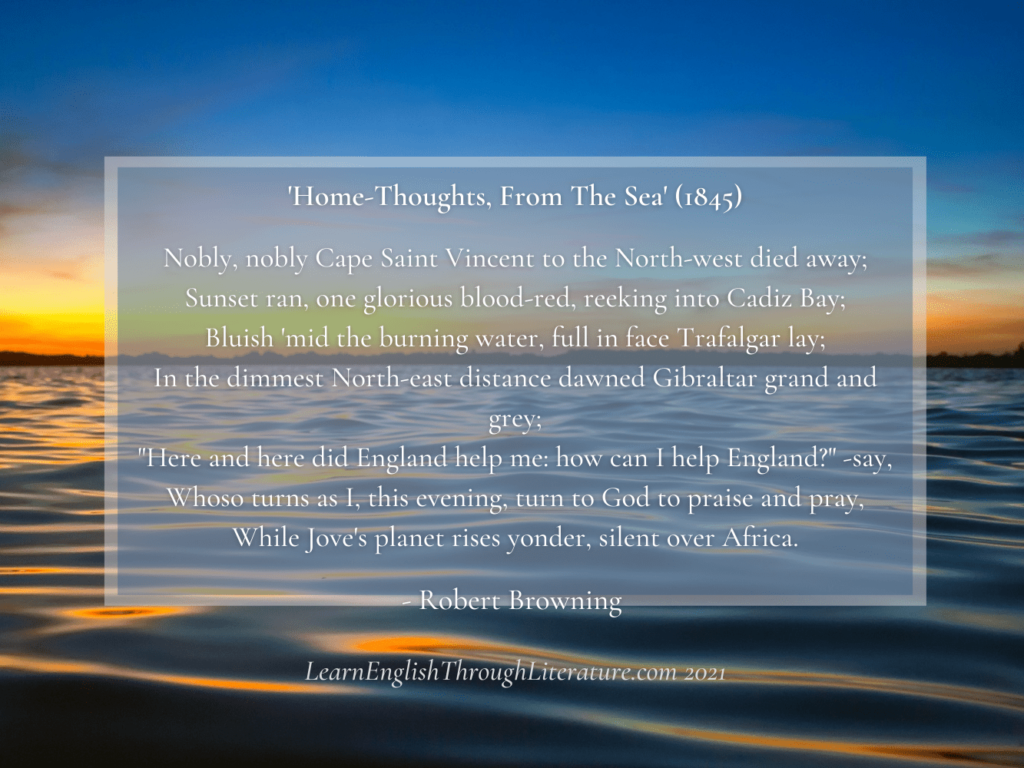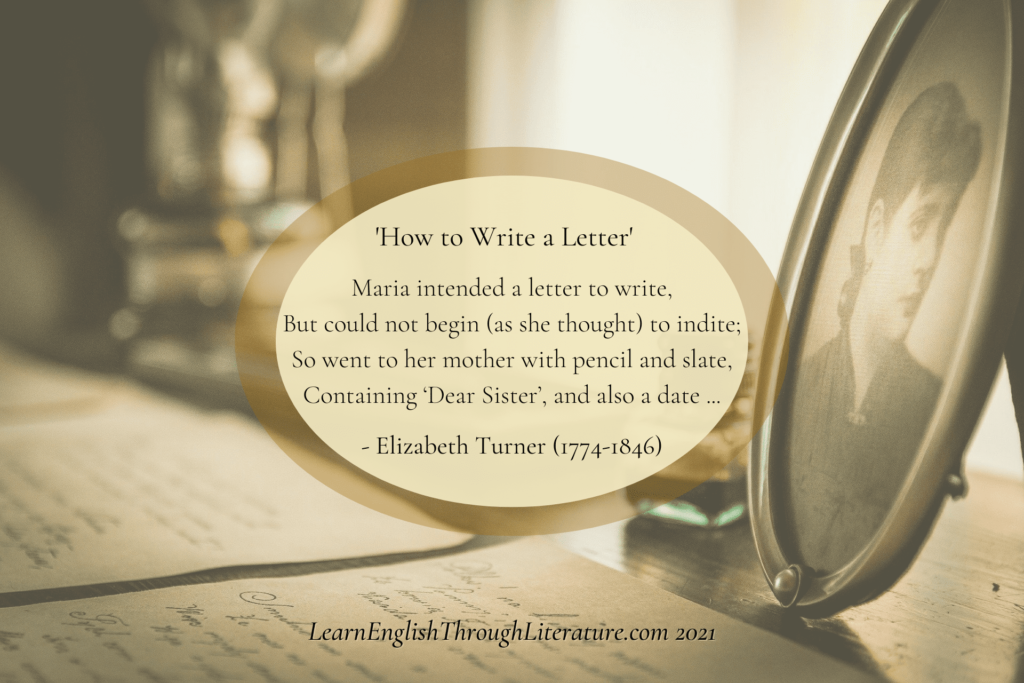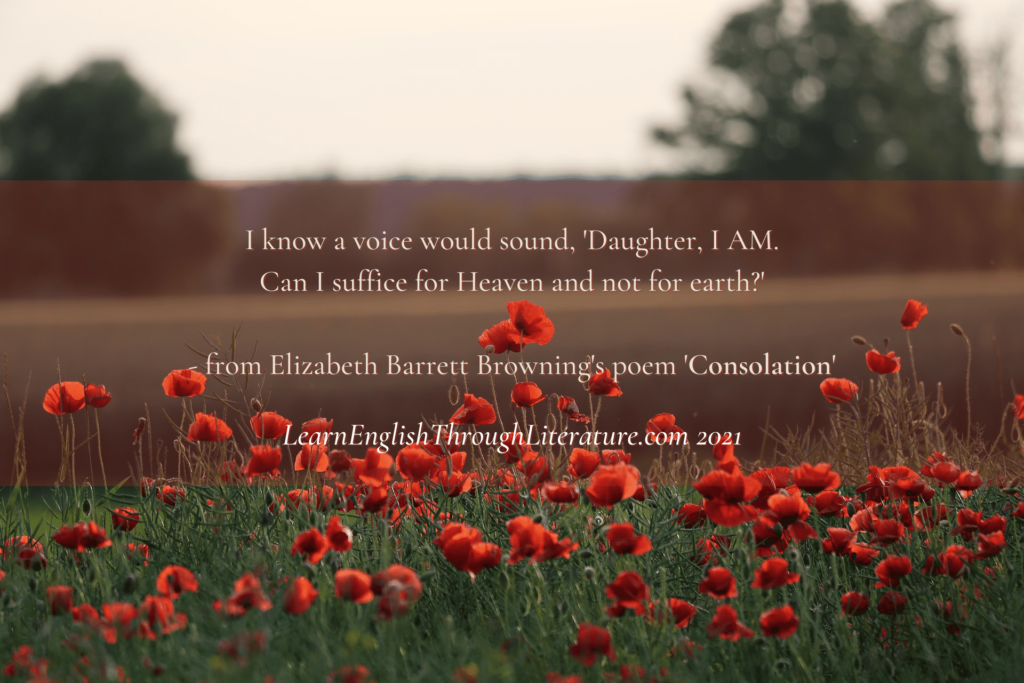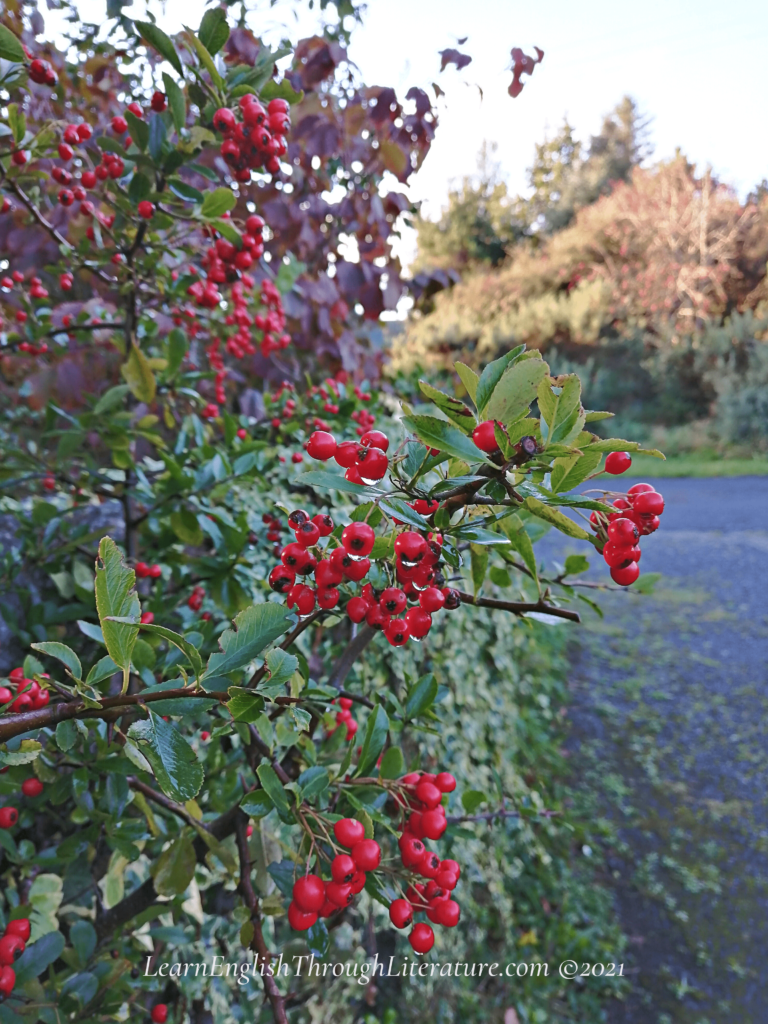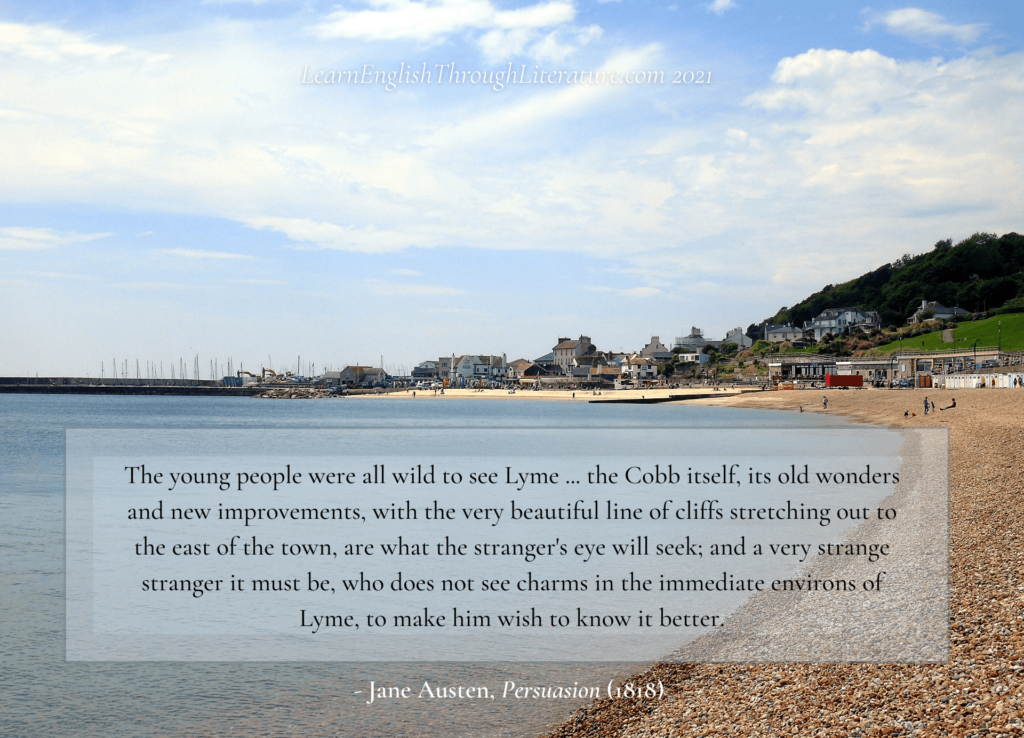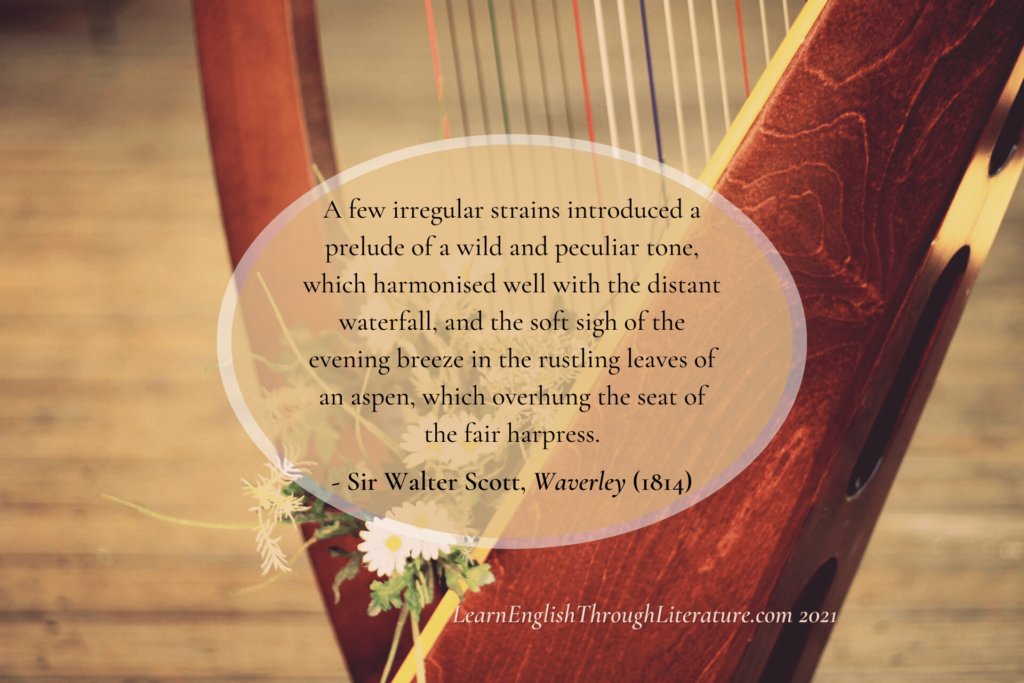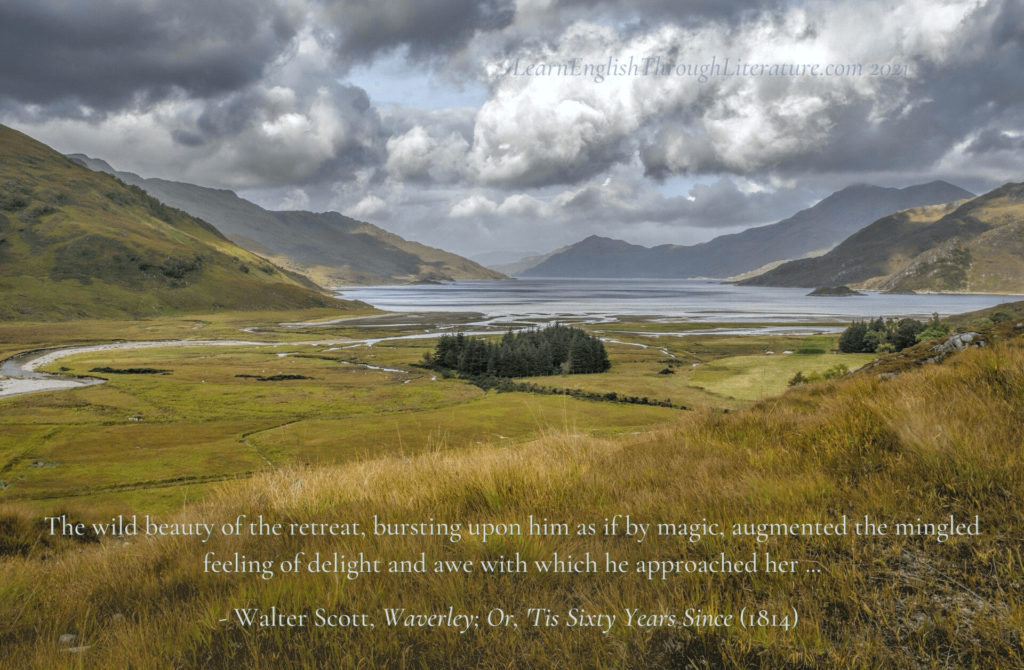Lesson #265: ‘from Eton pears to Parliamentary pairs’: 10 English Homophones
It has been a while since we turned to Charles Dickens for educational inspiration! On the other hand, I have just finished reading the last chapters of my favourite Dickens’ book, Little Dorrit (1857), and am paying tribute to it (acknowledging it respectfully) in today’s Lesson on homophones. You might be asking: what are homophones? […]
Lesson #265: ‘from Eton pears to Parliamentary pairs’: 10 English Homophones Read More »

